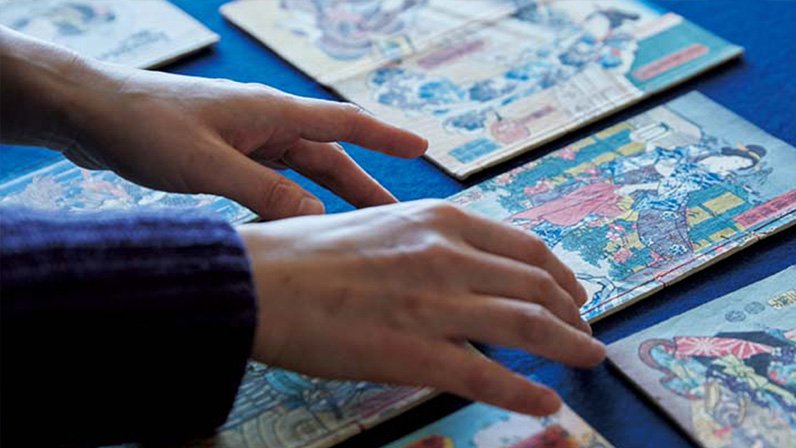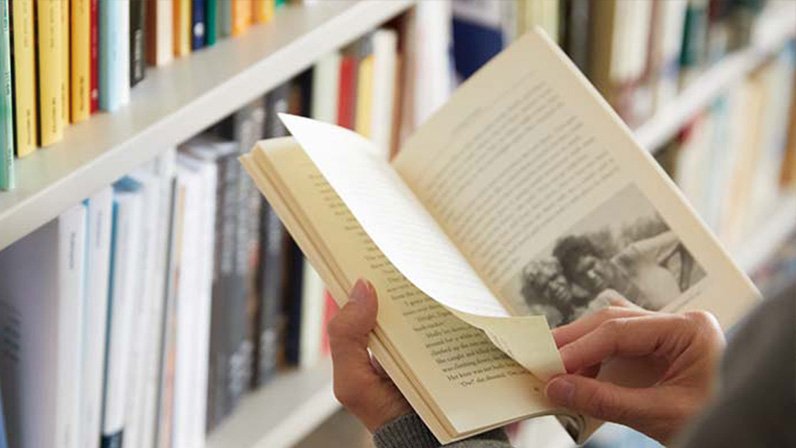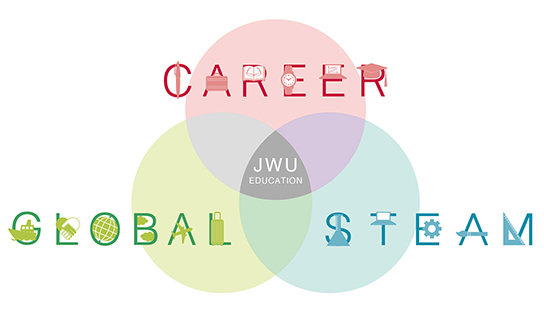To become a person capable of thinking about “how to live in the present” and considering the future
The fun of history is to work on source materials and literature and build your own image of history. In the Department of History, students will be able to experience the fun of history in depth. Through the study of history, students will develop their historical thinking skills and grasp the progress of mankind. By exploring various regions and eras, students will be able to broaden their perspectives, deepen their consideration of diverse human existence, and examine contemporary society from a historical perspective.
*From April 2026 the name of the Faculty of Humanities’ Department of History will be altered to the Department of History and Culture.
Features of the Department of History
Study history broadly and deeply, with a focus on three main disciplines and related fields
Students systematically study the fundamentals of history, and are further divided into three courses of study: "Japanese History," "Oriental History," and "Western History.” In addition, the curriculum includes related fields such as religious studies, geography and archaeology, with a broad perspective of history. Through the reading and verification of materials, students will seek a new image of history.
The fun of history is to construct an “original image of history”
The fun of studying history is to work on source materials and literature and learn about related fields to build one’s own image of history. To this end, the Department offer a number of small-group seminars that are compulsory from the first year. Under careful guidance, students learn how to handle historical materials, decipher ancient documents, and understand history.
The ability to think and act acquired at university can be fully demonstrated in the real world
There are a variety of opportunities for graduates of the Department, including the public sector, travel and tourism services, and mass media. They can become a junior school social studies teacher, a high school geography and history teacher, a librarian or teacher librarian, a museum curator and so on.
Four years of study at the Department of History
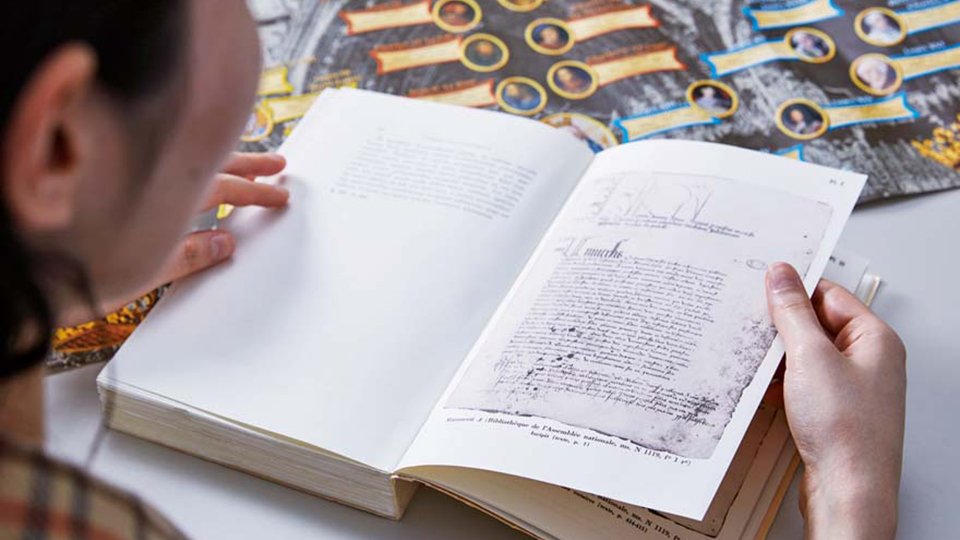
First year: Overview of the history of each era and region
Students will learn the fundamentals and methods of historical research, through subjects such as "Introduction to Japanese History," "Introduction to Asian History," "Introduction to Western History," and " History For Beginners (Seminar) ”
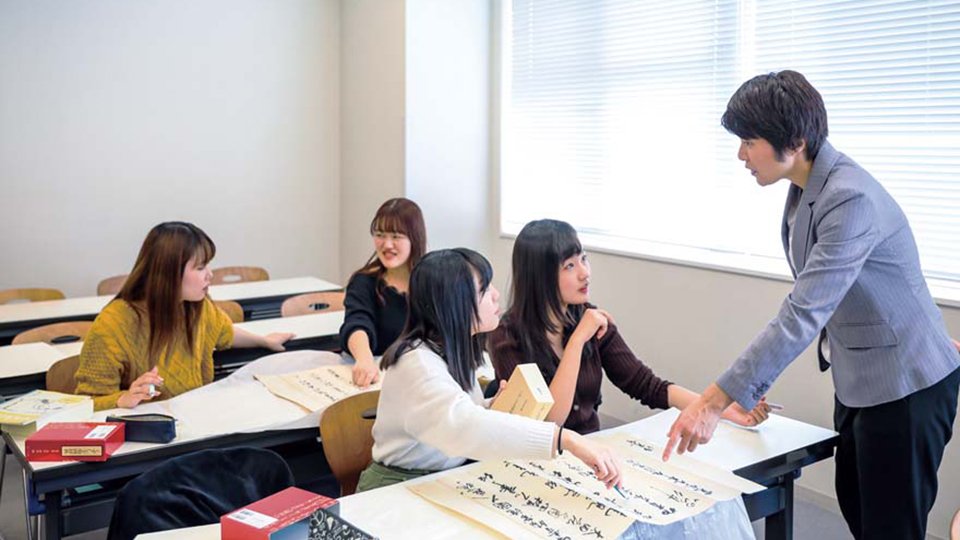
Second year: More specialized studies according to their interests
Specialized lectures will begin and a variety of specialized subjects are available for students to study according to their interests.
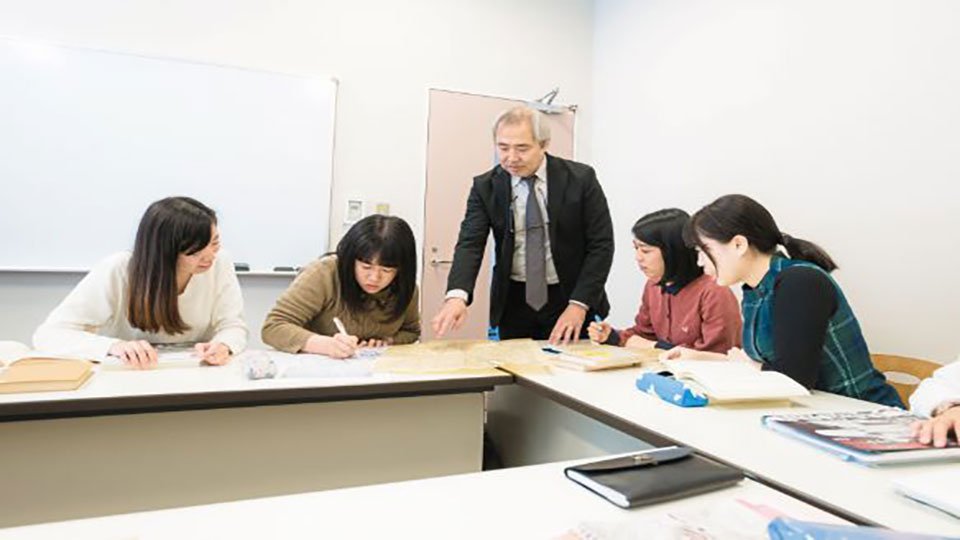
Third year: Small-group seminars for in-depth study of history
Students will mainly study at a graduate study seminar in small groups. Each student will further her own historical study according to her chosen specialty.
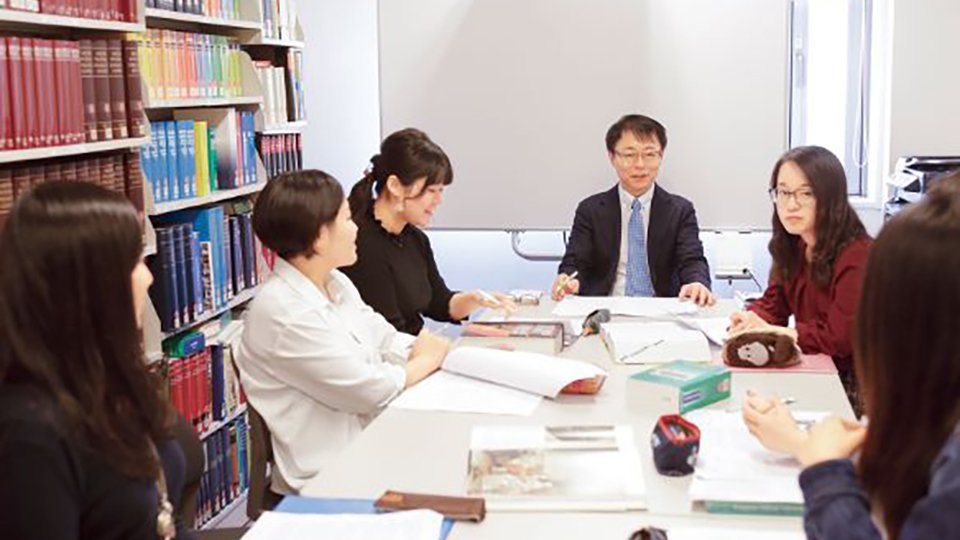
Fourth year: Applying knowledge and skills to write a graduation thesis
Utilizing a wide range of knowledge, students will write a graduation thesis as a summary of their four years of study on an original theme that they have studied broadly and deeply.
Class introduction
Asian History I-2C
Do not believe the established theories. Read and think about historical documents on your own.
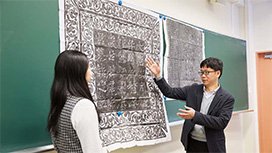
Professor
History of China's Sui and Tang Dynasties
History of the Silk Road
Students will grasp the characteristics of Chinese historical texts and cultivate the following three skills: 1) the ability to read and understand Chinese historical texts, 2) the ability to find research questions from historical texts, and 3) the ability to validate historical documents without simply relying on them. It is important for students to read and think about historical materials on their own and develop the skills necessary to write a thesis.
In the class, using Sanguozhi (Records of Three Kingdoms) as the text, a student in charge prepares a resume and reports on it, and all students discuss problems and questions based on the resume. At the end of the class, a instructor gives a critique, but the class is centered on discussion among students.
Faculty member introduction
Faculty members with a wide range of specialties provide education.

